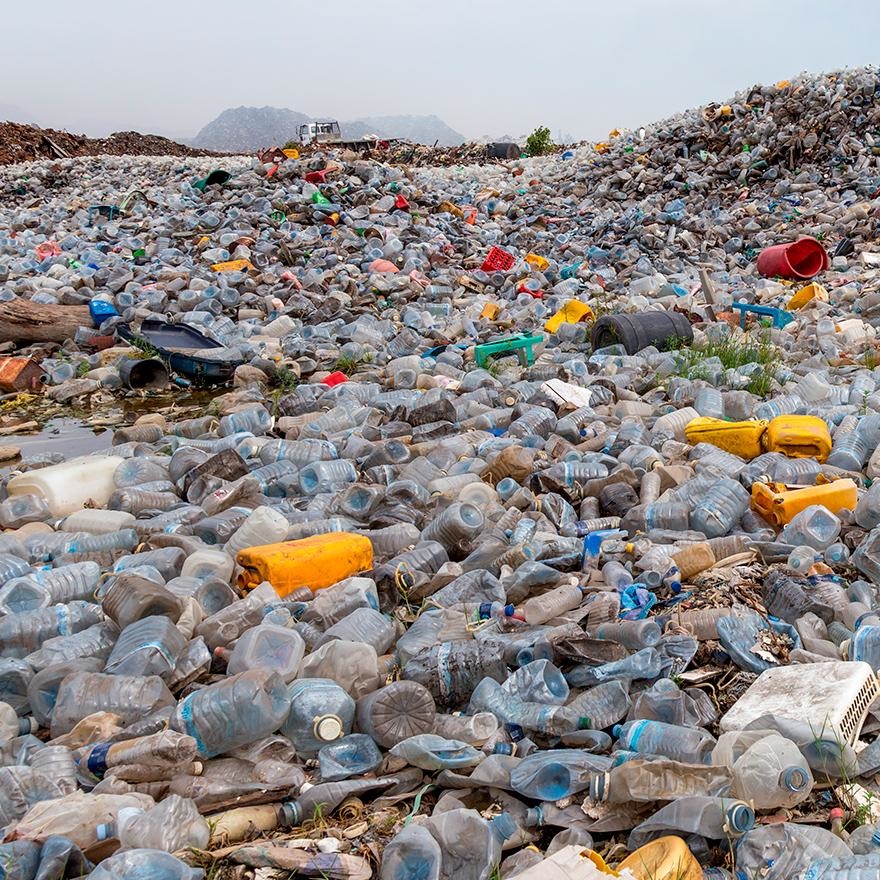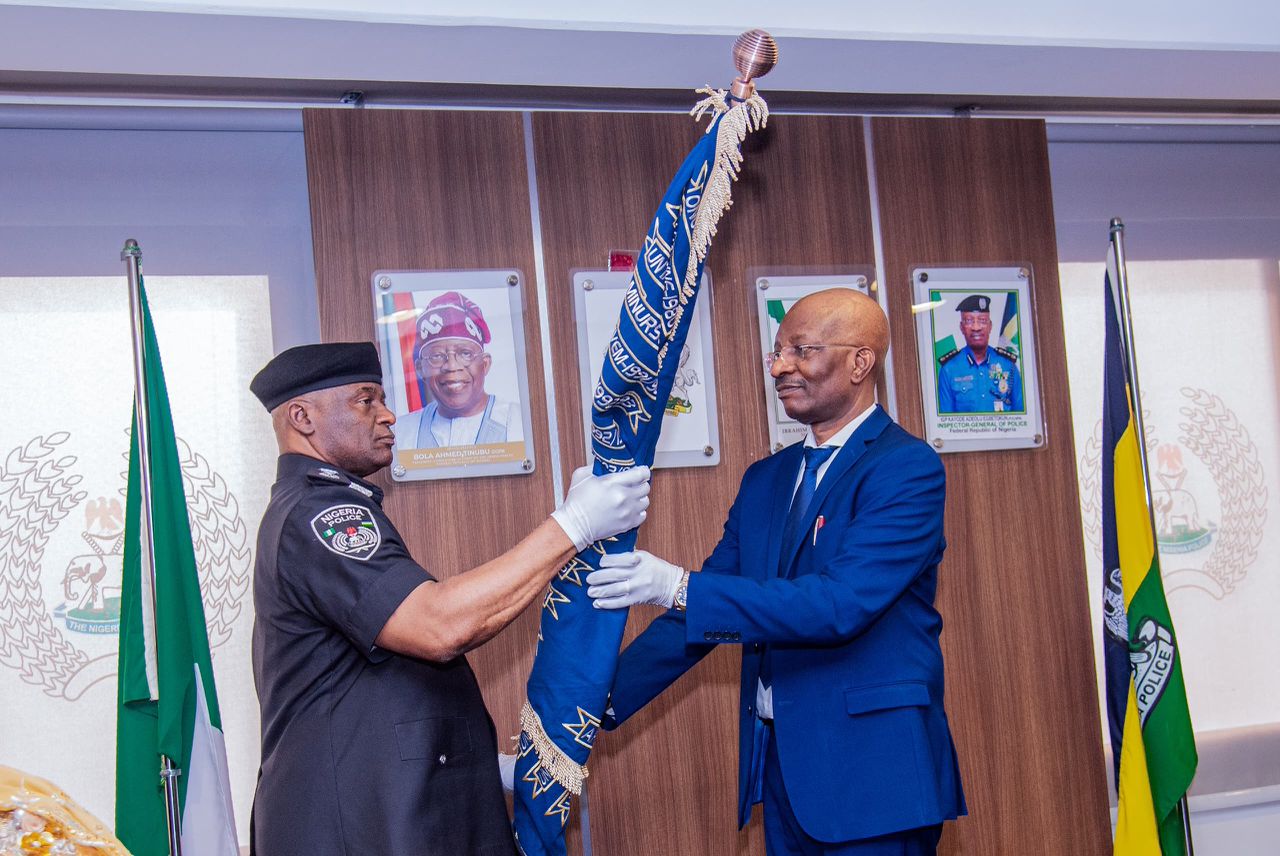The Federal Government says about 14 million tonnes of plastic annually obstruct the world’s oceans, threatening Nigeria’s biodiversity, and impacting vital marine ecosystems.
The Minister of Environment, Mr Balarabe Lawal, stated this on Wednesday at a training workshop for stakeholders on the Extended Producer Responsibility (EPR) programme in Abuja.
The workshop was organised by the National Environmental Standards and Regulations Enforcement Agency (NESREA) in collaboration with PROTEGO Project- The Prevention of Marine Litter in the Gulf of Guinea.
The minister was represented by the Director-General, National Agency for the Great Green Wall (NAGGW), Mr Saleh Abubakar.
He said that the event was a testament to the collective resolve and shared vision for a cleaner, healthier, and more prosperous Nigeria.
” The PROTEGO project which was inaugurated in July 2024 and will span to June 2027, will be a driving force in reducing plastic waste leakage into our precious oceans in Nigeria and Ghana,” he said.
Lawal said this would foster circular economy strategies, enhancing waste management, and building critical capacities.
‘The urgency of our mission cannot be overstated, given Nigeria’s vulnerability as a country with over 850 kilometres of Atlantic coastline.
“Annually, approximately 14 million tonnes of plastic choke the world’s oceans, threatening our biodiversity, impacting our vital marine ecosystems, and diminishing the beauty of our coastlines.
“This is a global challenge, but its solutions must be rooted locally, driven by innovation, and powered by unwavering commitment and collaboration by all stakeholders,” he said.
He said that EPR is not merely an environmental policy, but a fundamental paradigm shift that redefined responsibility, compelling producers to consider the entire lifecycle of their products.
“This is from design and manufacturing to consumption and, crucially, to post-consumer collection and recycling or end-of-life management.
“This mechanism is one of the cornerstones upon which a truly circular economy can be built,” he said.
The minister said that Nigeria had demonstrated clear foresight and leadership in embracing EPR.
” Our journey began with the foundational NESREA Act of 2007, which empowered NESREA as an agency of the Federal Government to enforce environmental standards, using appropriate measures, including the EPR principles.
” Indeed, we are on the verge of a major transformation,” he said.
He said that the National Guideline on EPR for the Packaging sector is set to take effect in 2025, along with a draft National Environmental (Plastic Waste Control) Regulations of 2025.
” We will make EPR mandatory for all producers, importers, and brand owners in the packaging sector with a focus on problematic materials such as single-use plastics,” he said.
In a remark, Prof. Innocent Barikor, the Director-General of NESREA, said that the workshop was not only timely but strategic.
Barikor said the training was designed to deepen stakeholders’ collective understanding of EPR systems, equip them with practical tools to design, refine, and implement EPR programmes effectively.
He said that NESREA recognised that marine pollution and plastic waste remained pressing challenges that posed significant threats to the country’s ecosystems, public health, and economic sustainability.
” EPR has emerged globally as a proven and proactive policy instrument to address such challenges.
” It places the responsibility of post-consumer waste squarely where it belongs, on the producers.
” This model incentivises sustainable product design, fosters accountability, and ultimately reduces the burden on public waste management systems,” he said.
In a presentation, Mr Gabriel Onyebuolise, Programme and Strategy Manager, WASTE Africa, Nigeria, said that the objective of the event was to reduce marine litter into the Gulf of Guinea as well as strengthen policies like the EPR. (NAN)





